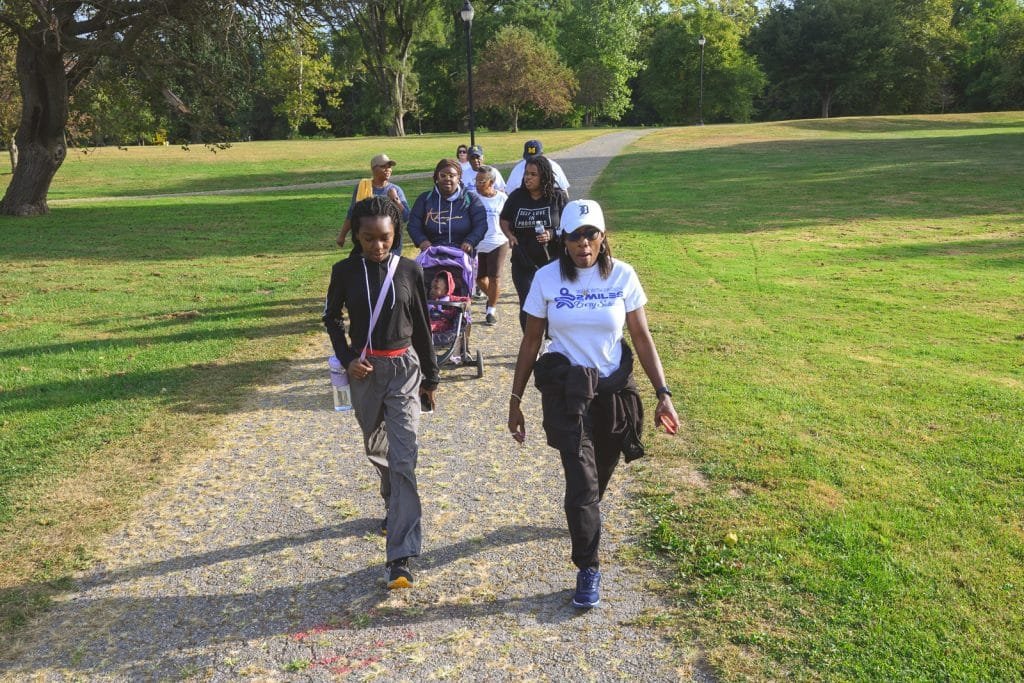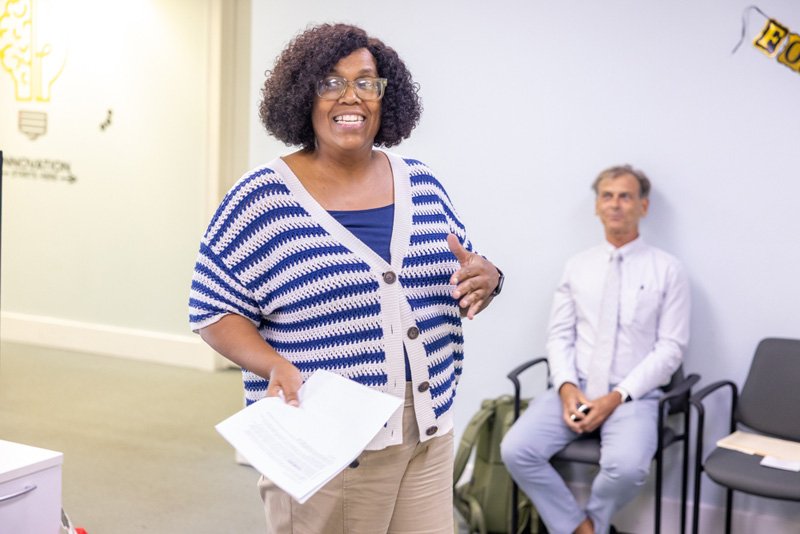
Every year, millions of people are at risk of developing cancer, a statistic that often feels abstract until it touches someone close to home. In countless families, stories emerge of women who brushed aside persistent fatigue, unusual bleeding, or abdominal discomfort—only to learn much later that these were early warnings of something far more serious. Such narratives are not rare; they are unfolding across Indian cities and villages alike. Against this backdrop, the question that naturally arises is not only how we treat cancer, but how we can prevent it from taking root in the first place.Cancer has emerged as a leading health concern for Indian women, with cervical and breast cancers ranking at the top of gynaecological cancer cases. A recent study by the ICMR, analysing data from over 700,000 cases, confirms this trend and reinforces the urgent need to focus on prevention and early detection.
Why lifestyle matters in preventing gynecologic cancers
Although genetics and hormonal influences contribute to the risk of gynaecologic cancers, research consistently highlights lifestyle as a powerful, modifiable factor. Habits such as maintaining a healthy weight, eating a diet rich in fruits, vegetables, and whole grains, staying physically active, and avoiding tobacco can significantly lower risk. Experts from the Indian Council of Medical Research (ICMR) and leading oncologists emphasize that preventive healthcare is not only about medical screenings but also about everyday choices that strengthen immunity and improve long-term well-being. When communities adopt healthier lifestyles collectively, the overall burden of gynaecologic cancers can be reduced, offering women a better chance at early detection, effective treatment, and healthier lives.
Key symptoms to recognize early
One of the challenges with gynaecologic cancers is that they often start with symptoms so subtle that many women dismiss them as routine or unrelated. Warning signs such as persistent or irregular vaginal bleeding, unusual discharge with a strong odour or abnormal colour, chronic pelvic pain, or a constant sense of bloating and discomfort in the lower abdomen should never be overlooked. In some cases, these early signals may also include changes in urinary habits or pain during intercourse. While such symptoms can sometimes be linked to less serious conditions, they may also point to cancers of the cervix, uterus, or ovaries. Health experts stress that timely consultation with a gynaecologist, even for seemingly minor concerns, greatly improves the likelihood of early detection—making treatment more effective and outcomes far more hopeful.
Lifestyle changes that make a difference
Contemporary studies and health guidelines underscore the following habits as essential preventive measures:Maintain a healthy weight and stay active: Obesity and sedentary behaviour increase risk for cancers such as endometrial—and may also affect ovarian and cervical cancer pathways. Regular physical activity, even walking for 30 minutes daily, and balanced diet choices can help manage body weight and reduce inflammation.Eat a nutrient-rich, plant-centred diet: A diet rich in fruits, vegetables, legumes, and whole grains builds immune resilience. Minimizing processed, high-fat, and refined foods supports hormonal balance and lowers cancer-promoting inflammation.Avoid harmful substances: Tobacco use is strongly linked to cervical cancer, while limiting alcohol consumption further supports overall cancer prevention. Reducing exposure to environmental pollutants, agrochemicals, and processed meats also aligns with broader risk reduction strategies.Harness the power of vaccination and screening: The HPV vaccine is crucial in preventing cervical cancer when administered early. Pap smears and other screening tests can detect precancerous changes—enabling timely intervention and greatly improving outcome.
Why these measures matter
India’s cancer burden is on the rise, with nearly 1.56 million new cases projected in 2025, and cervical and breast cancers forming a sizeable share of women’s cancer cases. In rural and urban regions alike, shifting dietary patterns, higher obesity rates, delayed childbirth, and reduced physical activity underscore the importance of lifestyle-focused prevention.Community-based programs, awareness campaigns, and women’s health initiatives that encourage healthy eating, regular exercise, and vaccination—and also demystify cancer screening—are vital to reducing incidence and improving early detection across socio-economic groups.
Looking forward: A healthier tomorrow
Gynaecologic cancers may carry fear, but they also remind us of the power we hold over our own health. While not every risk can be eliminated, conscious lifestyle choices—balanced nutrition, regular exercise, timely screenings, and avoidance of harmful habits—can tilt the odds strongly in our favour. The core message is simple yet profound: prevention begins long before illness sets in. With greater awareness, early action, and collective commitment, women can transform these cancers from silent threats into conditions that can be detected earlier, managed better, and in many cases, avoided. The hopeful path forward is clear—listen to your body, prioritize routine check-ups, and embrace habits that nurture well-being. In doing so, every woman can take charge of her health story, ensuring it is one of strength, resilience, and longevity.Dr. Abhilasha Narayan is a Consultant Onco-Gynaecologist and Obstetrician, HCG Cancer Centre, Bangalore







